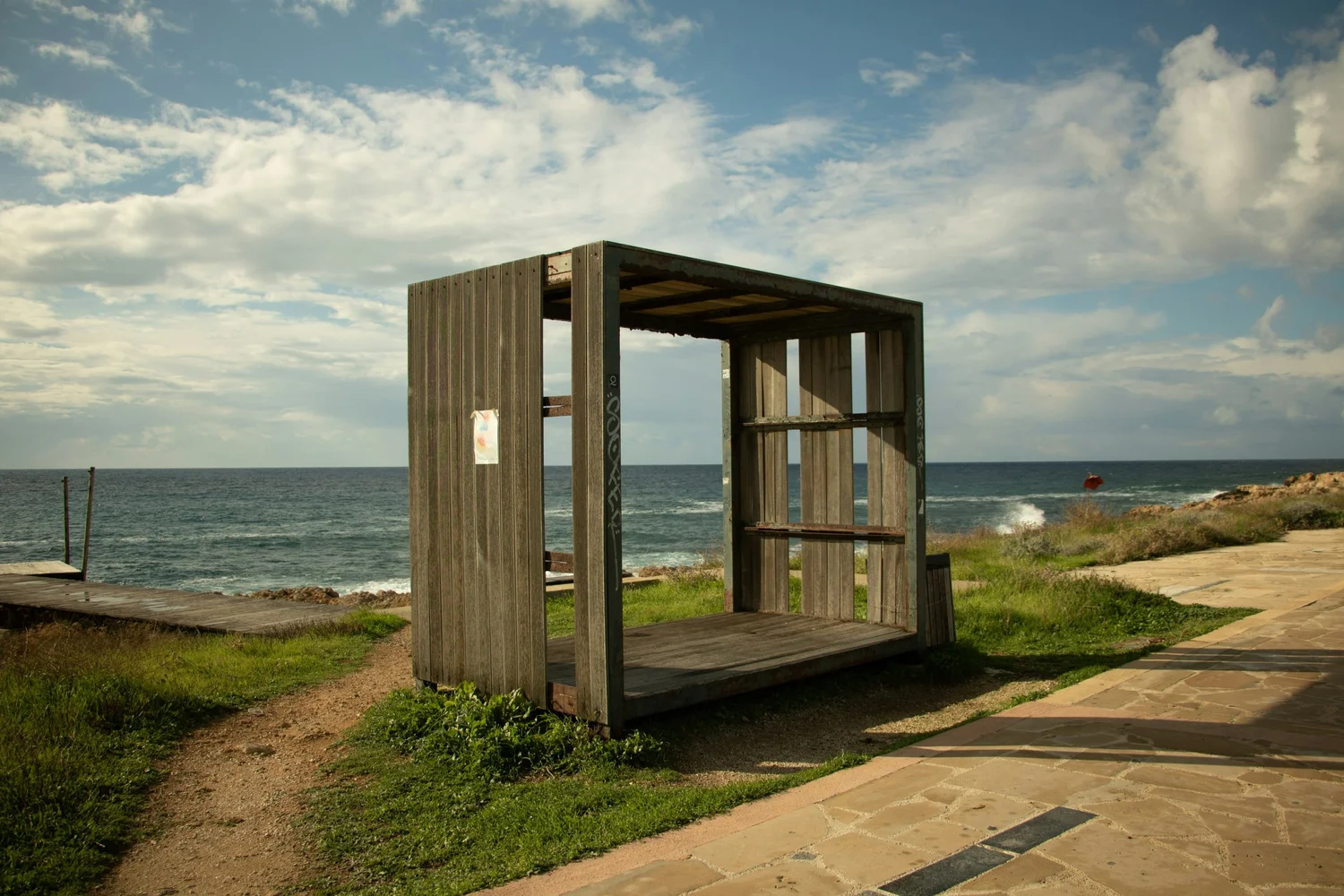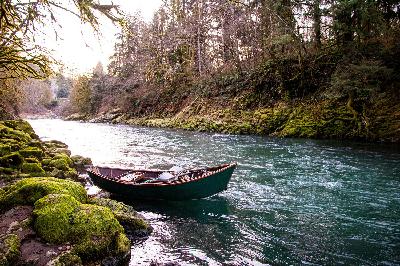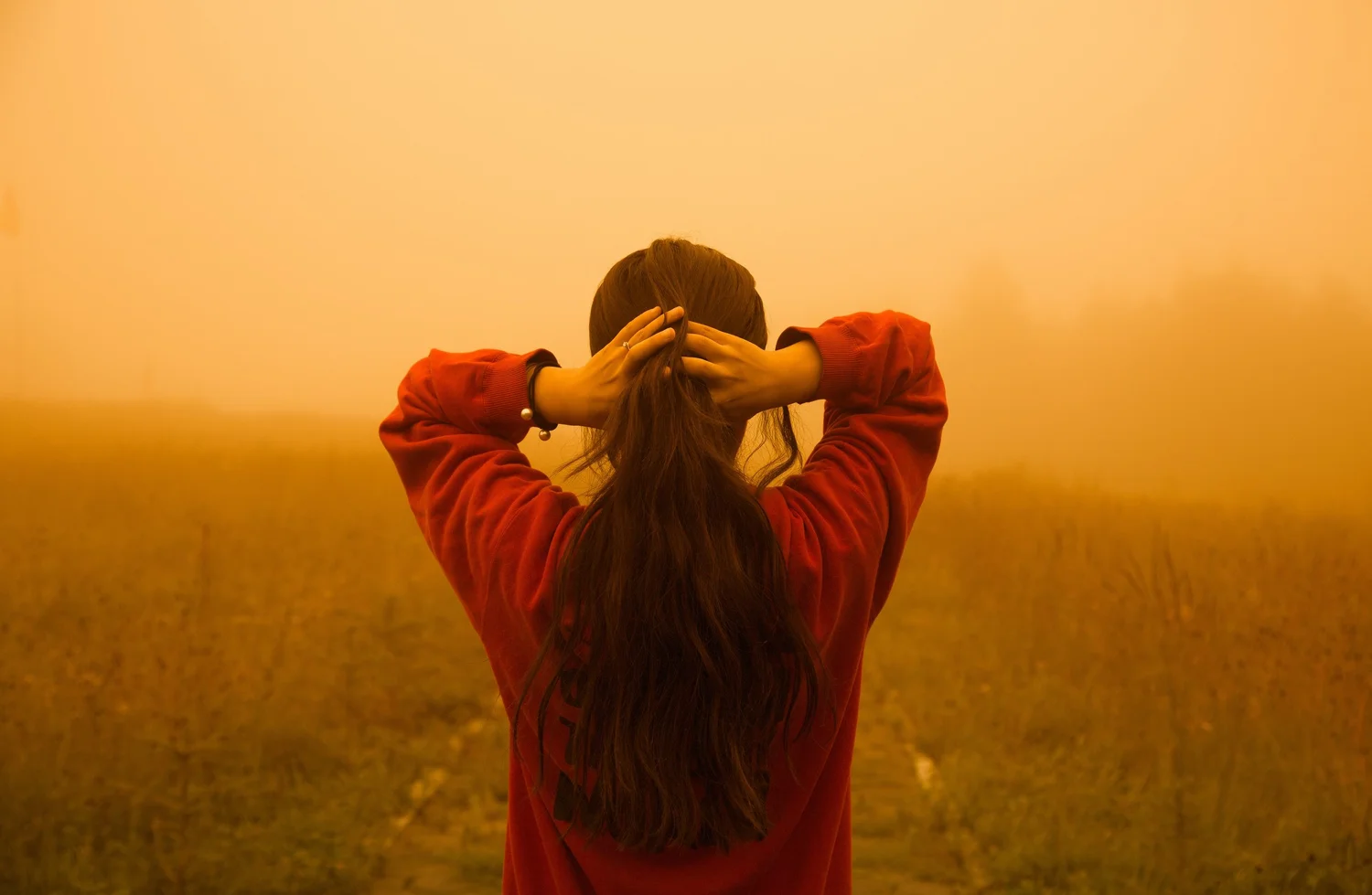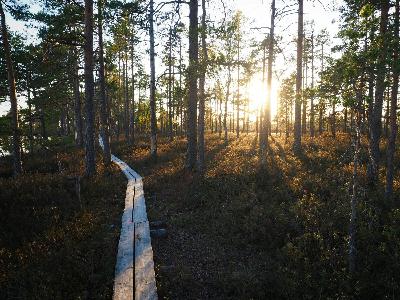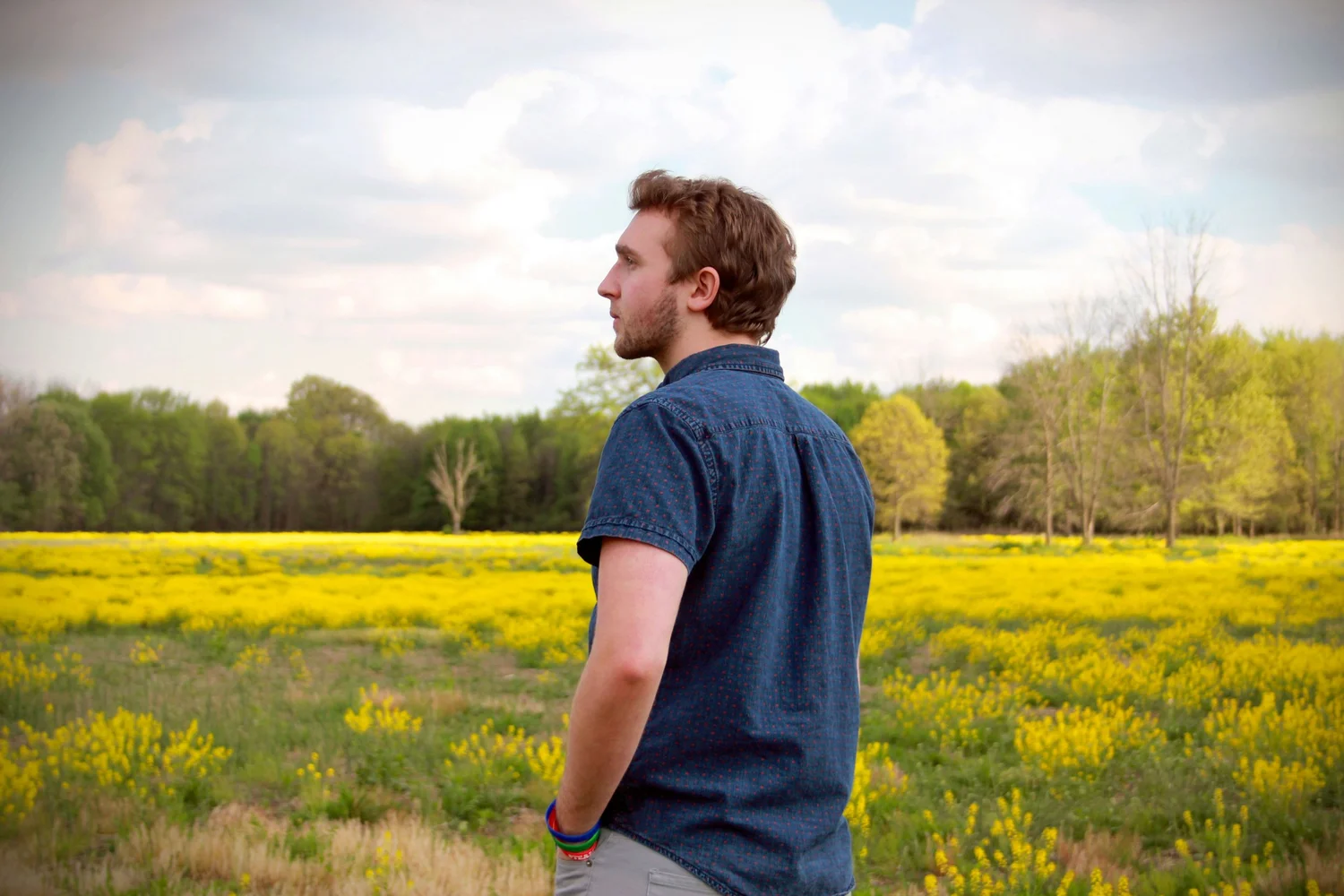Season 5, Episode 3: The Pathway from Eco-Anxiety to Thriving
Description
<figure class="
sqs-block-image-figure
intrinsic
">
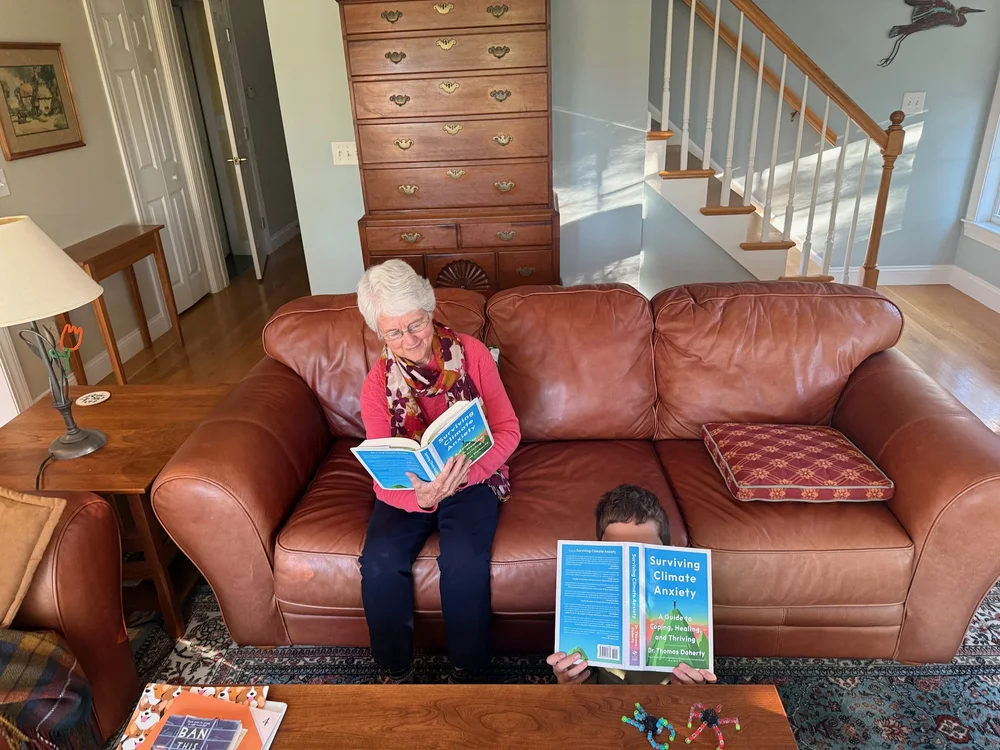
<figcaption class="image-caption-wrapper">
image credit | Jessica Harper
</figcaption>
</figure>
Season 5, Episode 3: The Pathway from Eco-Anxiety to Thriving
Thomas and Panu discussed Thomas's new book, Surviving Climate Anxiety and its messages about coping with climate change by focusing on happiness and thriving. Thomas offered an inside view of the book and how it would benefit readers. He shared insights from his psychology background and emphasized the importance of understanding our emotions and identities. Panu and Thomas also talked about using storytelling to connect with readers and how personal stories can help us understand and tackle climate-related challenges. Join us for a thoughtful conversation about finding hope in difficult times.
Links
Book Excerpt on Oprah Daily: 3 Surprisingly Effective Ways to Combat Climate Anxiety
Daphne Chouliaraki Milner How to Live With Climate Change Without Burning Out. Atmos
Transcript
Transcript edited for clarity and brevity.
[music: “CC&H theme music”]
Introduction voice: Welcome to Climate Change and Happiness (CC&H), an international podcast that explores the personal side of climate change. Your feelings, what the crisis means to you, and how to cope and thrive. And now, your hosts, Thomas Doherty and Panu Pihkala
Doherty: Well hello, I'm Thomas Doherty.
Pihkala: I am Panu Pihkala.
Doherty: And welcome to Climate Change and Happiness. This is our podcast, a show for people around the globe who are thinking and feeling deeply about climate change and other world issues and environmental issues and social issues and political issues and our personal lives. We asked this kind of provocative question about, what would it mean to be happy in the modern world?
Pihkala: Yes, and today we are starting a conversation on Thomas's new book. We have been mentioning that several times in the podcast episodes, but now it's actually coming out in October 2025 with the title Surviving Climate Anxiety, a Guide to Coping, Healing and Thriving.
I'm happy to have a paper copy of the galley, sort of the pre-version in my hands here in Finland and I got the electronic version slightly before. So in the cover, at least of this version, there's a green mountain and a human being on top of it raising their arms and hands to the air as I made it. So does that resonate with some of your feelings after the long arduous work of finishing the book?
Doherty: Thanks, Panu. I really appreciate that. You know, I hadn't thought about that interpretation of the cover, so I'm looking at it right now. And yes, that's that is that is that that's a true that's a good example of a feeling of a climate feeling that I inhabit a little bit, making it making it to the top.
It really, you know, it's also a we made it to the top because someone designed or created that image and suggested that image. So I am aware that behind the scenes, there was like a conversation even about the cover itself and the colors and the and the design, you know. But I do love the cover of the book.
And it was part of the mission of the book to be accessible and to bring some energy of calmness and lightness to these heavy topics. And so I think the art design of the cover is very successful in that regard. We could talk more if you like, you know, I've talked to different people about the cover and their interpretations of it, but it works well as a multi-level sort of stimulus, know, people look at it from different directions.
Pihkala: Yeah, thanks for the reflections and the text is also easy to pick out if you see this in a bookstore or at an internet bookshop. Having worked with publishing houses myself, I know that it's a collaborative effort and for some of you dear listeners it may come as a surprise that authors might not have a final say in relation to the title for example and I know that there was a discussion you had about that also and now climate anxiety and surviving that features heavily in the cover but of course this book is even more widely about living in the midst of the climate crisis so lots of synergies with this podcast and on the pages. There's also references to what we have been talking about here. How would you formulate it, Thomas, if someone asks you what's the sort of mission of this book or what would you especially like to bring to the world via this book?
Doherty: Yeah, I think the mission is, you know, the subtitle speaks to the mission, you know, a guide to coping, healing and thriving. because, the climate anxiety, just like we have talked about many times in the podcast, that that's sort of like is the stimulus. That's what brings you into the space sometimes, that natural sense of anxiety or fear or concern.
That's just the beginning of the journey. We talked about, could we call the book climate change and happiness or, you know, personal sustainability or, you know, so it was really important. I think what's most what's most there's two things that are unique about this book, I think one, the biggest thing is that I talk about being happy and I talk about thriving, which is often not talked about. Much of the discourse on climate change is still sort of stuck in the early stages of we're in a crisis and people are trying to raise the alarm and that is still needed for some for some parts of the population but for much of the world we've been alarmed for years and years and years so the need is for how do we recognize our our moments of happiness while we're while we're struggling.
I think that have that being risky and brave enough to talk about what does it mean to be happy? Just like again, with this podcast is really what's unique about the book. And then also the, you know, there's the sequencing of the book where it's coping. Yes. But then we, know, a lot of it is about identity, you know, and that's the missing factor for most people in their coping is that they haven't been able to clarify their identity about nature, their environmental identity, all their values and their personal history and their childhood experiences and all the things that form them are kind of still unprocessed. They're just in there. So it's a consciousness raising about, you have an environmental identity. So identity is so important. And that even among environmentalists and long-term activists, they haven't really had a chance to do that work. So I think that identity piece is really a key and I think once people have it, then they can use it and grow it on their own.
Pihkala: Yeah, totally agreeing on that. I have been reading and glancing a lot of books about eco-anxiety and climate anxiety, as you know, and we have talked about many of them in the podcast and even interviewed several authors of them. But I haven't seen as much emphasis on identity in other books. think it's a theme which is present in some other volumes, but I do think that's a strength here. And of course for a long time you've been a proponent of the importance of environmental identity and that is something we usually always discuss with the podcast guests also and this general idea of flourishing and striving for happiness also in these troubled times. If that would come from a person who is sort of bright-siding I would be quite critical about that. I've seen some texts on climate anxiety, which are more like, well, you know, don't be so anxious. Let's focus on the good instead. And that's part of the thing, but also the troubles need to be taken seriously. But you are taking the problems seriously and you have long life experience and history. So that I also think is one of the strengths of this book. That's even though there is this emphasis on flourishing, there's also understanding of the darker sides of life. So that's not really a question, but if you want to reflect on that, that's one possibility.
Doherty: Yeah, yeah, there's a lot of parts in the book that are quite dark really in the sense of really trying to look honestly at problems in the world. You know, whole chapter four is on adapting so it's


